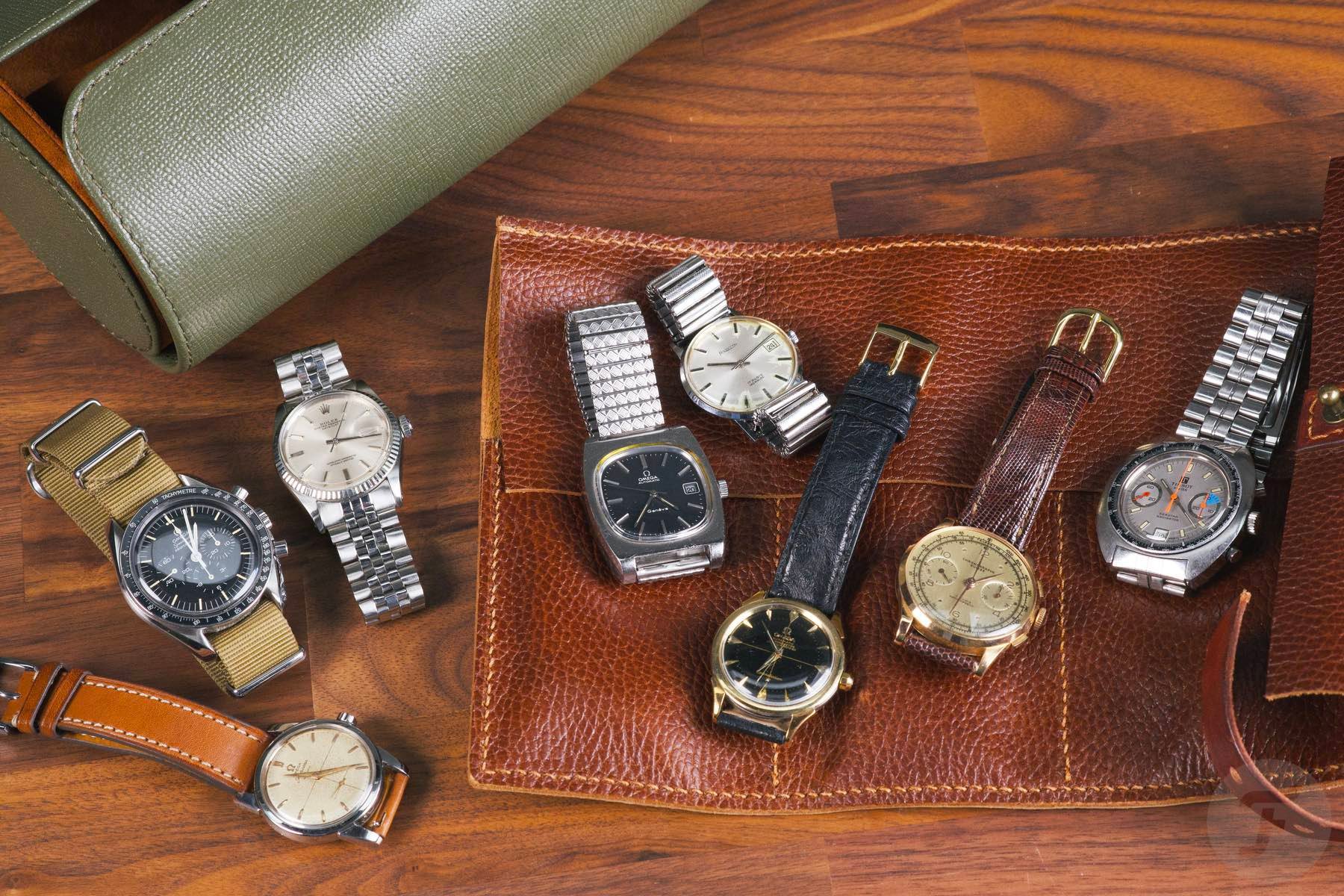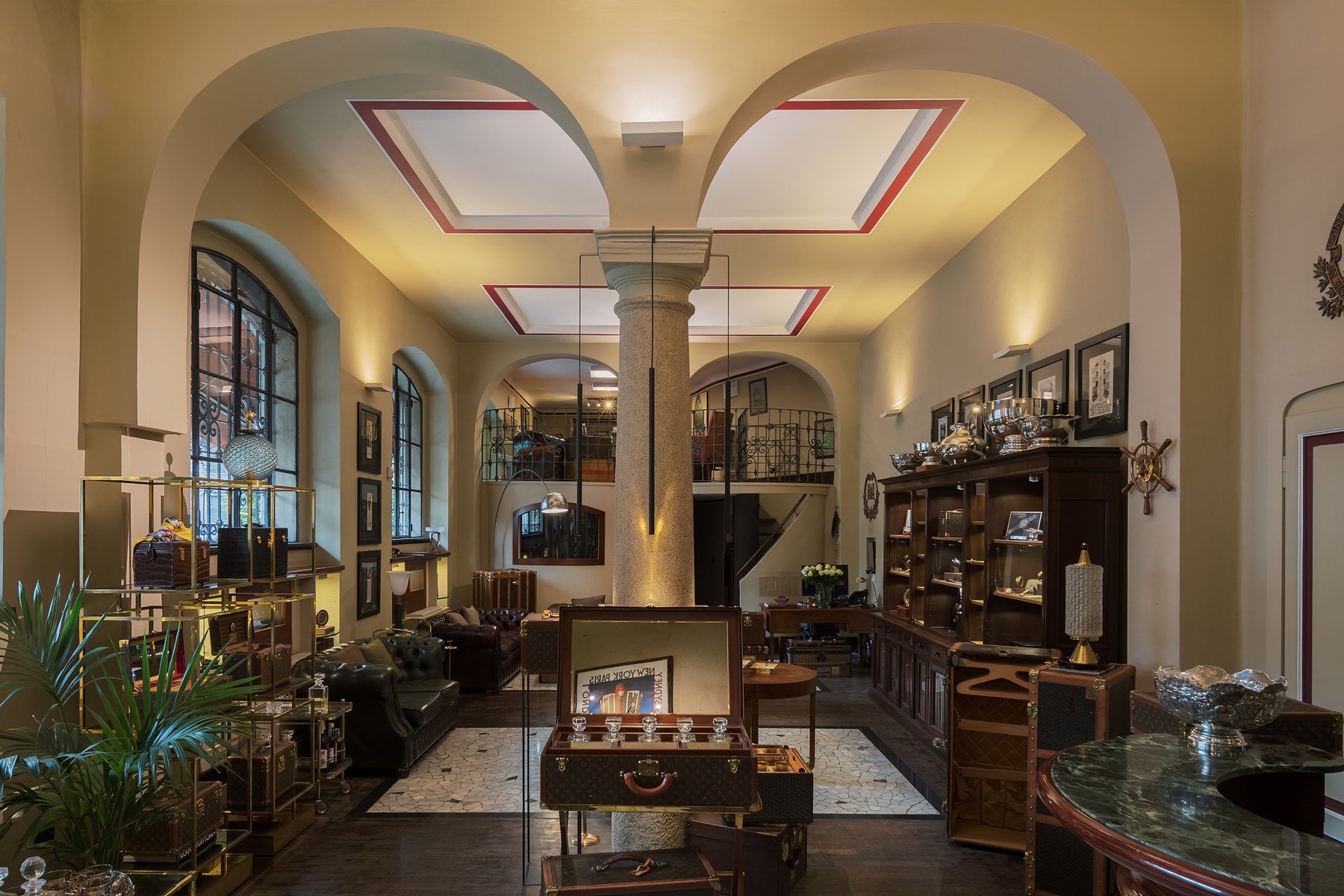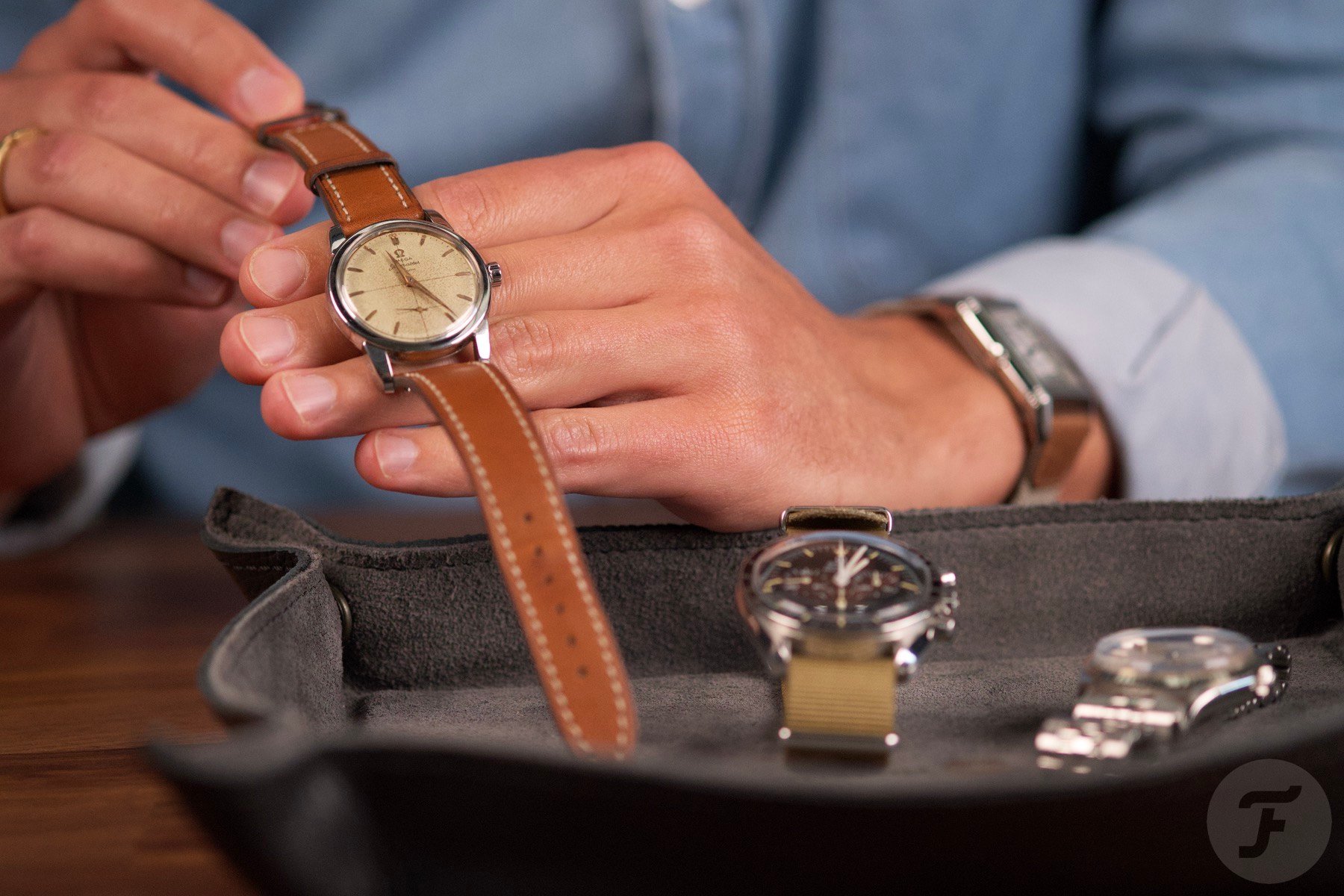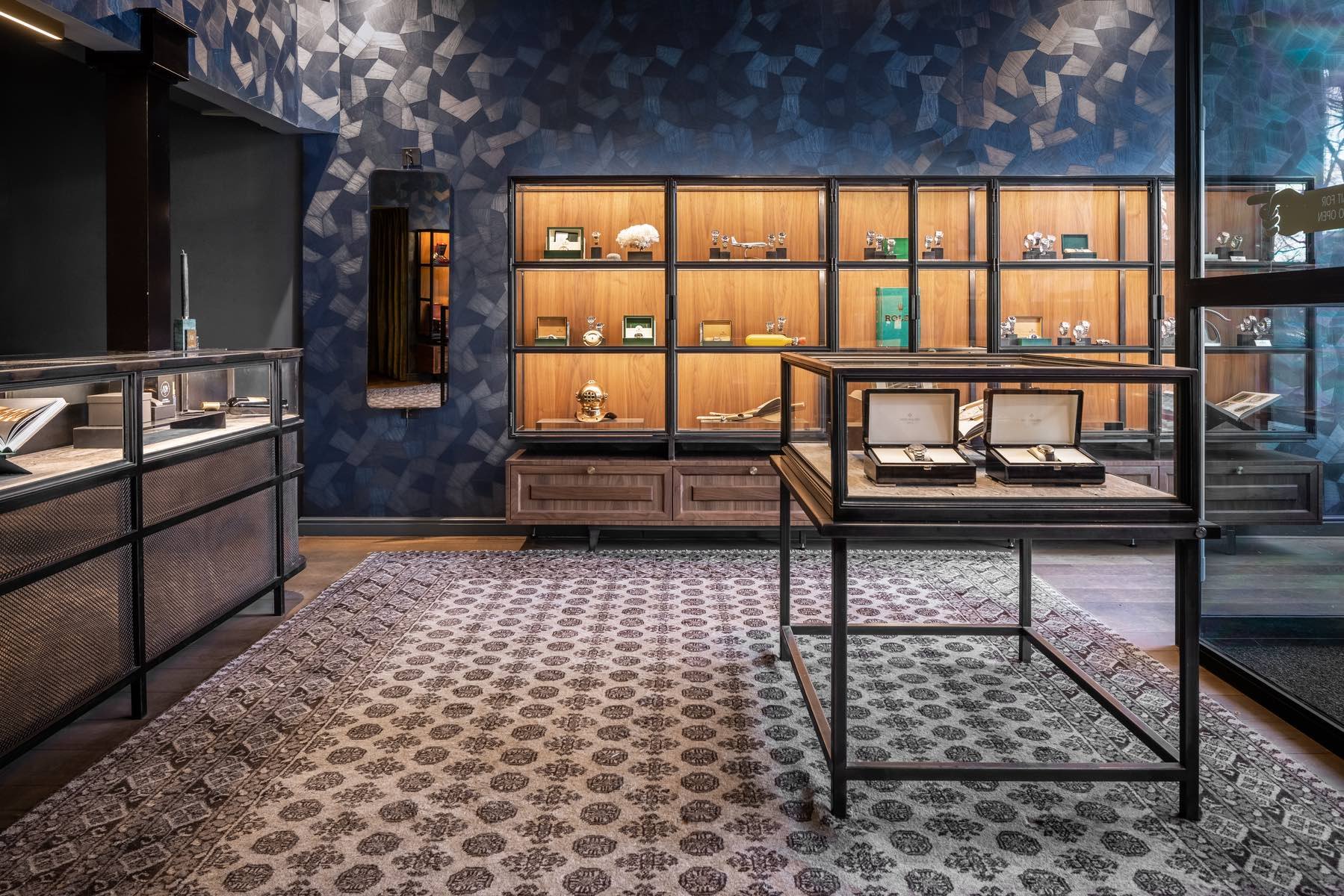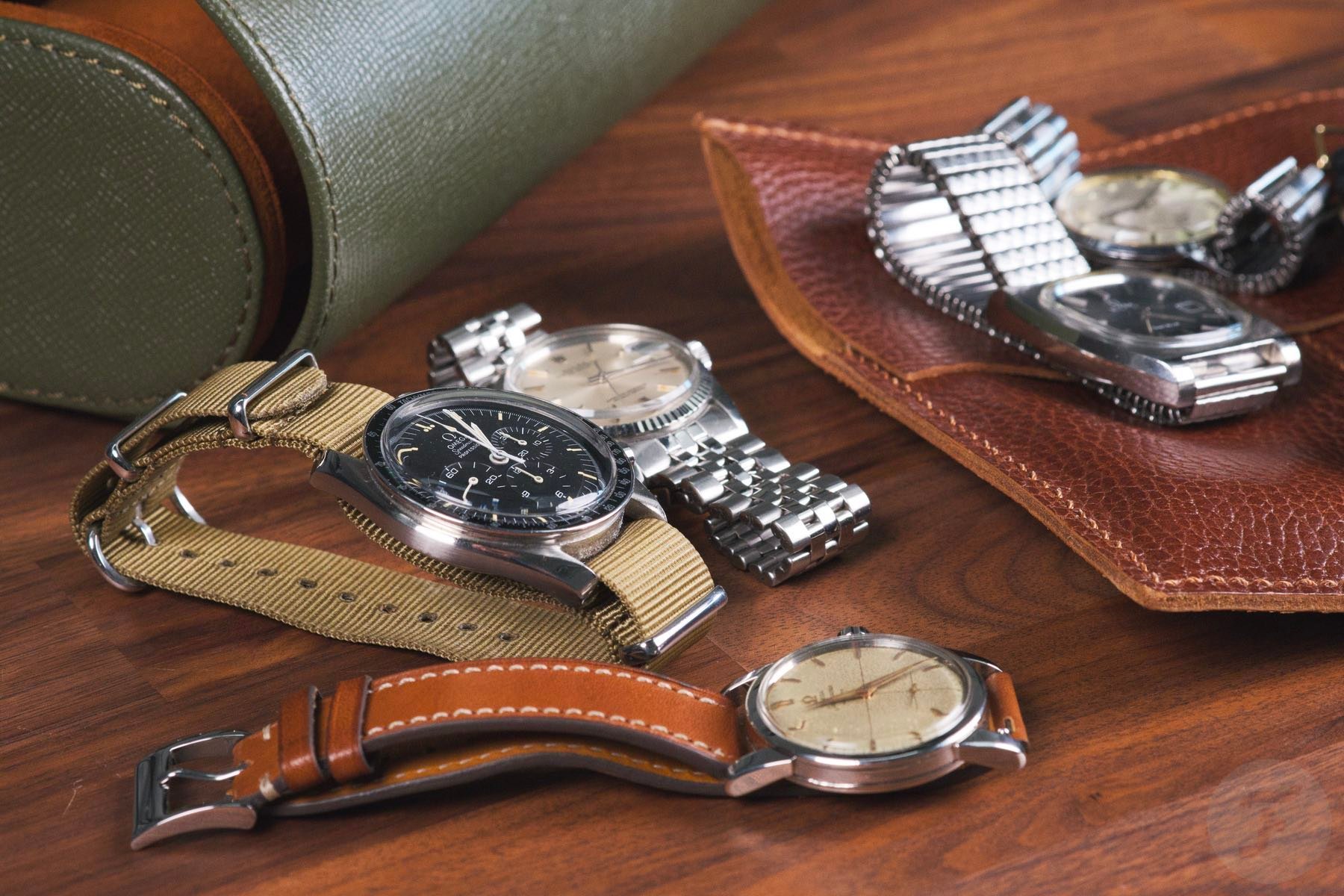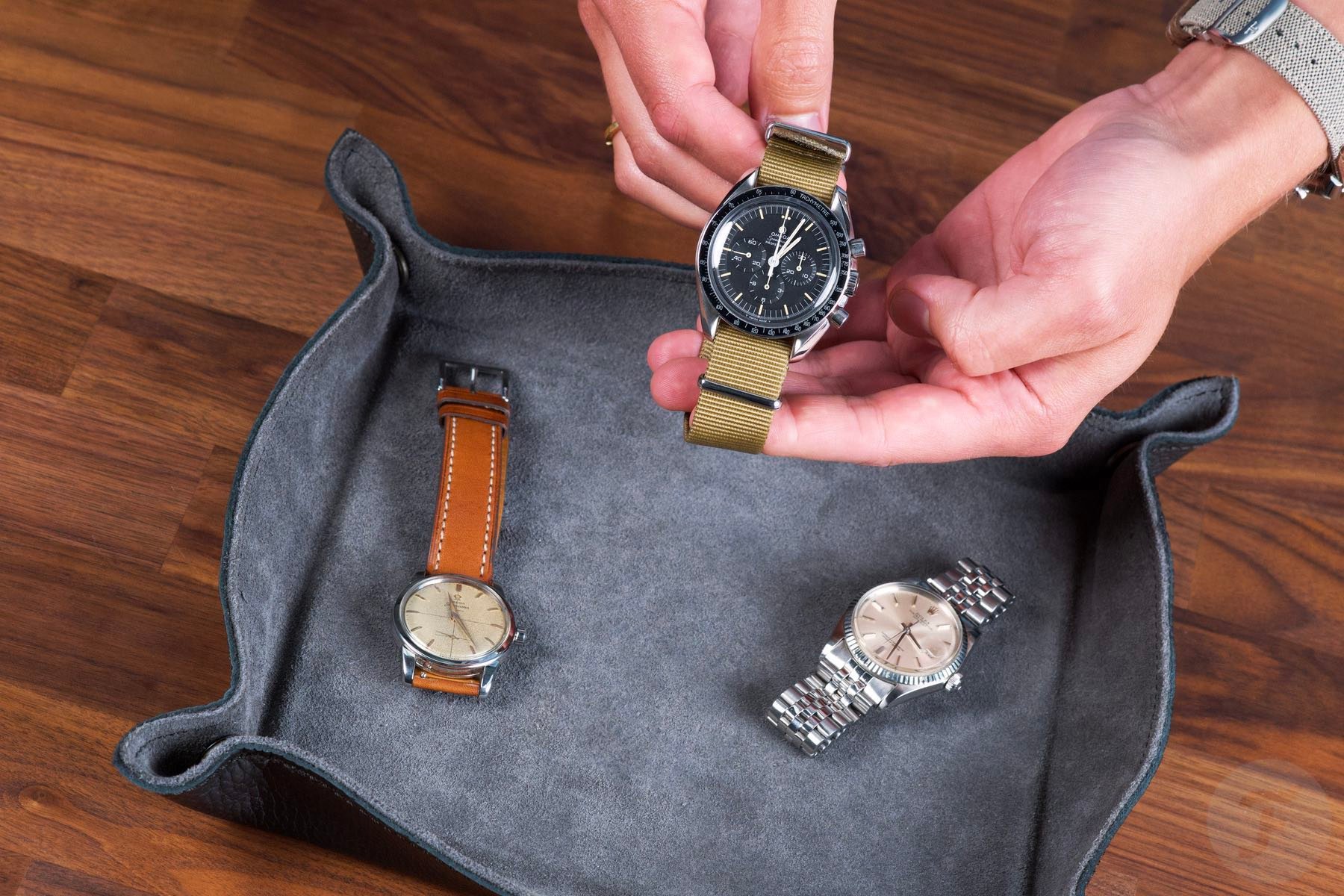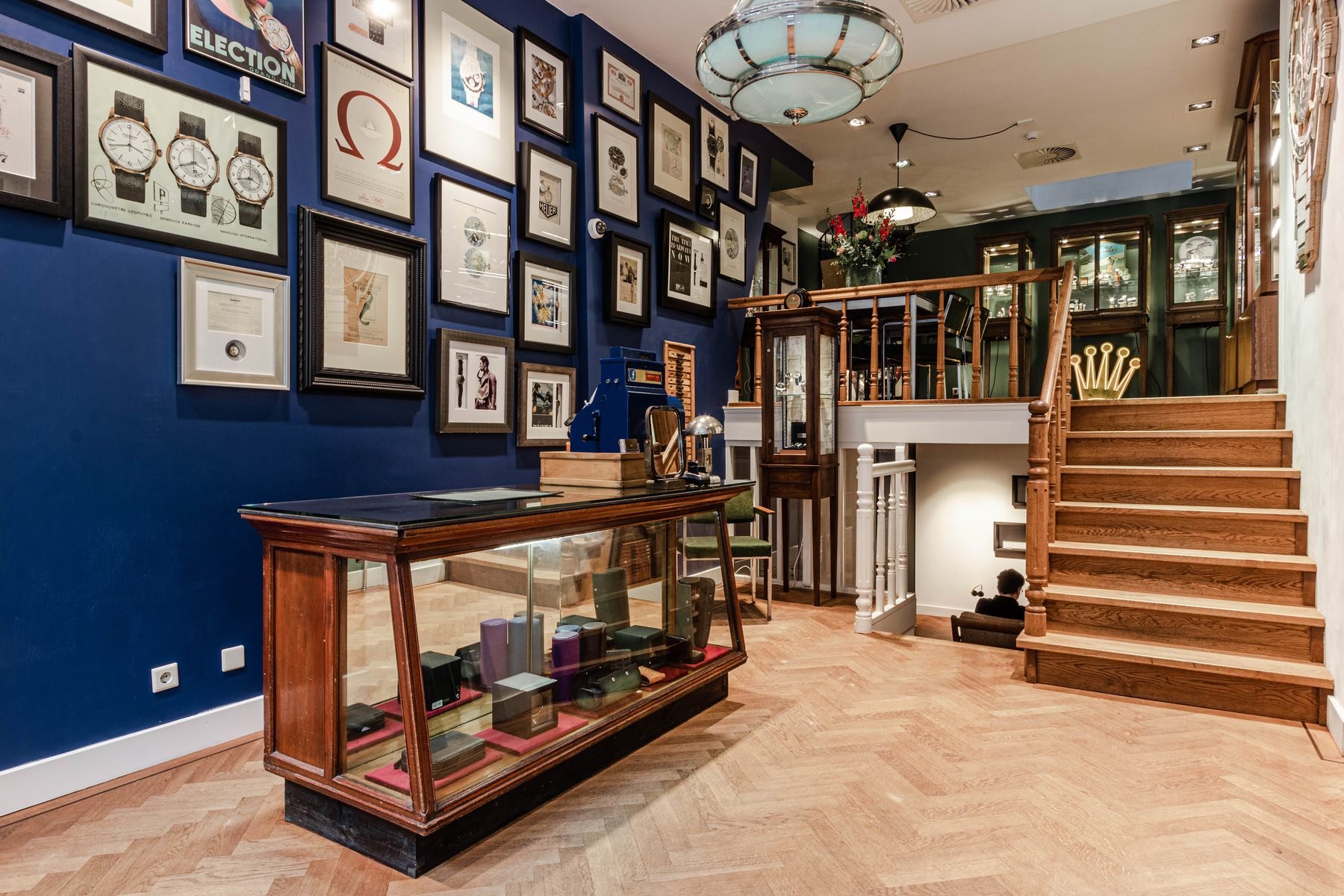How To Deal With Vintage Watch Dealers — Five Tips From A Former Dealer Himself
What are the best ways to deal with vintage watch dealers? If we all knew the answer, our lives could be easier. Although I am much more of a researcher and writer at heart, I used to make a living in the watch world as a vintage dealer. Having only recently made the switch to full-time writing, the memories of my trading adventures are still fresh in my mind. So are the countless amazing interactions with collectors, as well as the numerous awkward encounters.
I thought I should use my experience to share five tips on how to do business with vintage watch dealers. Hopefully, this helps you not only to score a solid deal but to also have a pleasurable experience along the way.
But Thomas, why?
This is not a buying guide on how to make sure you do not get tricked into buying faulty watches or over-paying for them. I will assume you have found a trustworthy dealer and you are exploring the possibility of purchasing a watch from them. So what is there to know about how to deal with such a dealer?
Well, getting some insights from a retired vintage dealer’s perspective might help you understand certain behaviors and approaches on their part. It can lead to a more fun experience at the very least. It could potentially result in more complete information or even a better deal. A vintage dealer is just a person of flesh and blood. They have all the human flaws and oddities that we all do. So without further ado, let me share five tips on how to deal with vintage watch dealers.
Tip 1: Be polite, expect politeness
Okay, this may sound a bit patronizing, but my experience has been bad enough to warrant putting this tip above all others. “Price?” Is not a great opening for a constructive conversation about a watch. Not via email, but not on Instagram or Chrono24 either. It shows a lack of real interest and, frankly, it is just bad manners.
…my conclusion is always to pass on the watch if the other party is unwilling to string together a few words into a half-decent sentence.
Granted, this goes for the dealers themselves as well. I have had countless such rude encounters with both buyers and sellers. When I am on the buying side — as a consumer, that is — my conclusion is always to pass on the watch if the other party is unwilling to string together a few words into a half-decent sentence.
First of all, I feel the process of buying a watch should be enjoyable. But there is more to it. When buying a watch, you want to be sure you can come back with any questions that might arise after the purchase. You want to be confident the dealer will offer support when you find an issue with your new acquisition. As social creatures, we need some social interaction to get a sense of the other party. If they are not interested in building such rapport, walk away.
Similarly, a vintage watch dealer will be much more inclined to offer you all the available information and disclosure if you show yourself to be a pleasant person. I am not telling you to suck up to them, but just being respectful and decent goes a long way. Heck, you might even get a better price in the end.
Tip 2: Find the right level of eye for detail
My second tip applies mainly to first-time buyers. Buying your first vintage watch can be daunting and scary. The internet is full of horror stories, and you may not yet have developed your eye for reliably judging a watch just yet.
A quick Google search will yield all sorts of “things you should ask before buying a watch” and “what to look for when buying a vintage watch” advice, which can be helpful. Unfortunately, it can also stand in your way and even be paralyzing. If we were to take such advice literally, we should avoid any watch that has ever been polished. We should avoid any watch that has had any part replaced. Still, it must have been recently serviced. It must come with the original box and papers. Oh, and service papers. And great patina. But not too much.
Congratulations, you are now hunting for a museum piece!
Finding the right level of eye for detail makes for a more comfortable purchase.
Now, if you are in the market for something super high-end, this might be a valid approach. If you are on the prowl for a great watch to wear on a daily basis, some pragmatism makes sense. Sure, you would want to know whether the bracelet is period-correct, but a slightly younger bracelet should perhaps not be a dealbreaker if you love the watch and the price is fair.
Finding the right level of eye for detail makes for a more comfortable purchase. It also shows your watch dealer that your expectations are realistic. This will make him or her more inclined to come to a deal with you in the end because it is a reliable predictor of whether a customer will be happy with the purchase in the long term.
Tip 3: Get a feel for fair prices
In general, vintage watches have been getting more and more expensive. Contrary to popular belief, this money has not disappeared into dealers’ pockets. As a matter of fact, getting healthy margins on watches has become increasingly difficult for vintage watch dealers.
Firstly, the rapid globalization of the watch market has greatly reduced the potential for moving watches between markets. Not too long ago, it could be lucrative to buy watches in South America or Asia and bring them to the North American or European markets. As a vintage dealer, this could leave you with a healthy margin. Nowadays, prices are pretty much the same all over the globe. As is demand.
Secondly, people now expect their vintage watches to go up in value. This means that private sellers offer their watches to dealers, but they demand the highest price they spotted on Chrono24. A consumer price, that is. So the dealer has to then negotiate a lower price, service the watch, do photography, research and writing of the listing’s description, sell the watch, and offer a warranty, all within the often tiny bandwidth between the seller’s lowest acceptable price and those public consumer prices on Chrono24.
Study the watch market
If you get a feel for the market, including things like servicing costs for a particular watch, you can come in with realistic expectations. I have had customers get angry because I could not do a 20% discount on a vintage Cartier, just because they were used to getting deep discounts elsewhere. It was not about a fair price anymore, it was merely about getting a discount. Needless to say, no watch was sold that day.
Note: this is not to pretend that there are no overpriced watches on the market or dealers who are asking ridiculously inflated prices. Doing your homework, however, will tell you which ones are the charlatans and which ones are fair. Make sure to take things like set content, servicing, and warranty into account.
Tip 4: Don’t show off
Again, I am not saying you have to jump through hoops to be liked by your vintage watch dealer — do as you please — but one surefire way to get them annoyed is to show off. Seriously, there’s no need to start dropping 12-digit reference numbers and recite the entire history of a watch model. An unsolicited presentation of all the watches you own is also much more impressive in your own mind than it is to the guy or gal across the table.
Let me phrase that a little more kindly. A good vintage watch dealer will make you feel welcome and comfortable, regardless of your level of knowledge and experience. He or she will be much more interested in the passion you have for the watch than in everything you know or own. There is really no need to impress a dealer, just sit back and relax.
Tip 5: Look for realness and transparency
Here is a simple truth about the current vintage watch market: buying good watches is much, much harder than selling them is. I am sure any vintage dealer will agree that building a good, coherent collection of vintage watches to offer is way more difficult than it is finding buyers for them.
Now, this might have its disadvantages for consumers in the sense that there is little inclination to do discounts. But it sure has its advantages as well, as a good vintage watch dealer will not be hard-selling. In my dealing days, I found that building a relationship with customers based on honesty and transparency was far more fun — and actually commercially viable — than trying to push a watch. It is one of those rare fields where, as a salesperson, you really do not have to worry about closing deals. I have often advised against a purchase when I felt the watch just was not right for the client.
This means that any vintage watch dealer should be comfortable being completely real and transparent about his/her watches. Trust me, they know when a part has been replaced. They know whether there are any particularly oft-occurring issues with a specific caliber. A good vintage watch dealer will gladly share such insights with you before closing a deal. Why? Because it is just the right way to do it. Or at least because it results in higher long-term customer satisfaction and more return purchases.
So, if you get the typical “Everything is original and everything is in great condition” response, walk away. Unless you have reason to believe that it might actually be true, of course.
Your experience
I am curious to hear about your experiences with vintage watch dealers. What do you look for when engaging with a dealer? What are the definite dos and don’ts on both sides? Finally, what are the signs that tell you “yes, this is a proper dealer”? Share your experience in the comments below.
You can also find and follow me on Instagram: @time_travelers_journal

